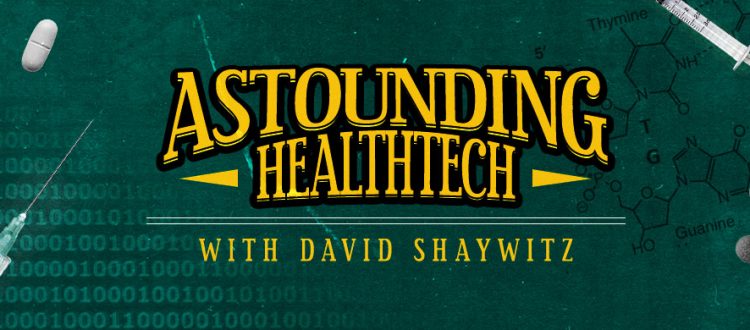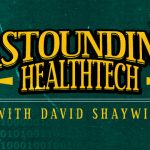Digital Natives and Skilled Operators: Weaving Data Science Into Pharma R&D

David Shaywitz
An abiding challenge at the intersection of technology and pharma R&D is the need to bring together two historically disparate cultures.
Tech companies tend to be led by engineers. Pharma R&D is generally run by chemists and biologists in the early stages, and by physicians further on in development.
Each of these domains has its own distinct language, culture and norms that don’t all neatly overlap on a Venn diagram.
It’s clear by this point that effective integration across these disciplines is both required and difficult.
Data science is likely to make an impact on R&D when it’s perceived not as an exotic, novel capability, but rather when it becomes woven into the way medical researchers go about their daily work.
This is how science progresses. In the 1980s, molecular biology was exotic, and clinician-scientists famously abandoned physiology to embrace it, as Brown and Goldstein classically described. Today, molecular biology is a given, a standard part of the researcher’s toolbox, and the leaders of pharma R&D are all fluent with the standard tools and techniques.
I suspect data science today is where molecular biology was 40 years ago. It is now widely recognized as an incredibly powerful emerging tool, and many young physicians and medical scientists are eager to embrace it.
Talent at intersection of medical research and data science is rare, and in high demand. I think of people like Dr. Alvin Rajkomar, formerly of UCSF and now at Google; Dr. Krishna Yeshwant, at GV; Dr. Taha Kass-Hout, formerly of the FDA and now at Amazon; Dr. Andrew Trister, formerly at Apple, now leading the Innovative Technology Solutions team at the Gates Foundation; and Imran Haque, trained in computer science at Stanford and now at Recursion; among others.
In what I suspect may be an early indication of where the puck is heading, Genentech recently announced what I believe is the first example of a “digitally native” researcher to lead a major pharma R&D group. The distinguished biotech drug discovery company recruited highly regarded computational biologist and systems biologist, Aviv Regev from the Broad Institute to run gRED (Genentech Research and Early Development). Her predecessor, Michael Varney, trained as an organic chemist. Varney’s predecessor in that high-powered, priority-setting role, Richard Scheller, was a molecular neurobiologist.
To be sure, there are plenty of strong data scientists in pharma, but generally within data science-specific functions; at Genentech, Regev is responsible for all of early R&D. She isn’t being charged with running a science project, an innovation initiative, or some novel effort to link up disparate databases and see what happens. Her department must deliver actual drug candidates that move forward in development, and eventually become products that help patients.
Regev, known for her work in single-cell sequencing at high volumes, generating data that can be placed in a larger biological context, is the rare kind of individual who is equally comfortable at a computer science and molecular biology symposium. She inhabits several domains that seem critical for pharma’s future.
Digital natives like Regev remain extremely rare, though I suspect they will increasingly come to populate top pharma and medical research leadership roles – if data science is perceived to deliver on its promise (not a given).
But “digital nativist” isn’t the only path to success. A second route is the “skilled orchestrator” – leaders who are knowledgeable, curious, and have a particular knack for effectively aligning health and tech talent against an objective. There’s a high degree of emotional intelligence that seems to be required, as well as an intuitive feel for both domains. A few role models spring to mind: Dr. Amy Abernethy (currently Deputy Commissioner of the FDA) and her leadership at Flatiron is one; Chris Gibson, the founder and CEO of Recursion seems like another.
Successful orchestration requires a common sense of mission; this is a much higher bar than most appreciate, requiring more than simply putting an engineer and a biologist in a room, say, or appending a data scientist onto a pharma product team. But a skilled orchestrator who can pull this off has the opportunity to leverage comparatively large pools of specialized tech and pharma talent, and doesn’t require all the competencies to reside in a single, remarkable person.
Whether through digital natives or skill orchestrators, it’s exciting to see pharma embrace the challenge of bringing data science to bear. The proof, however, will be in the pipeline.





